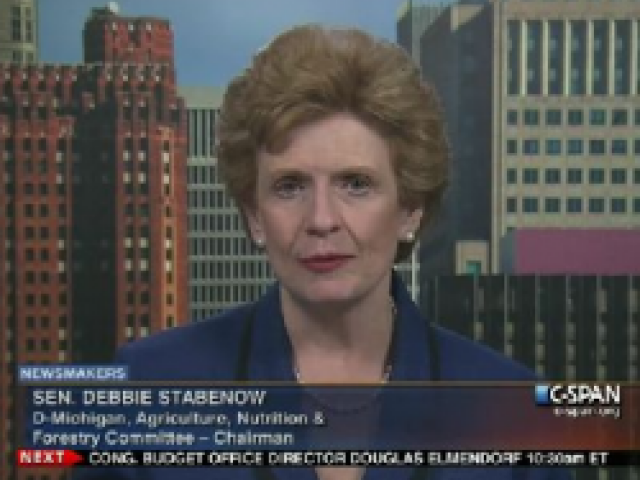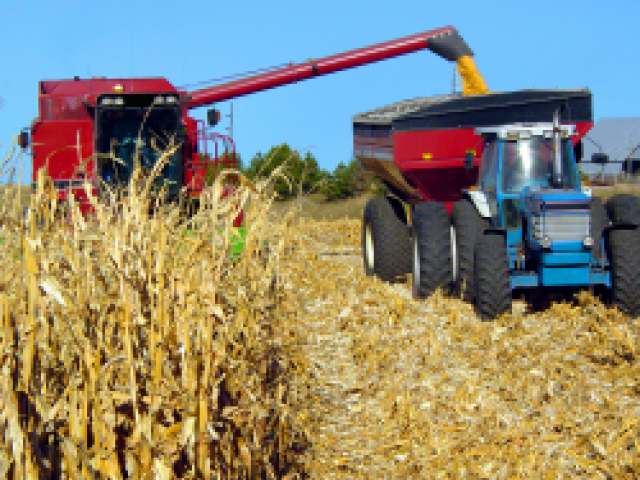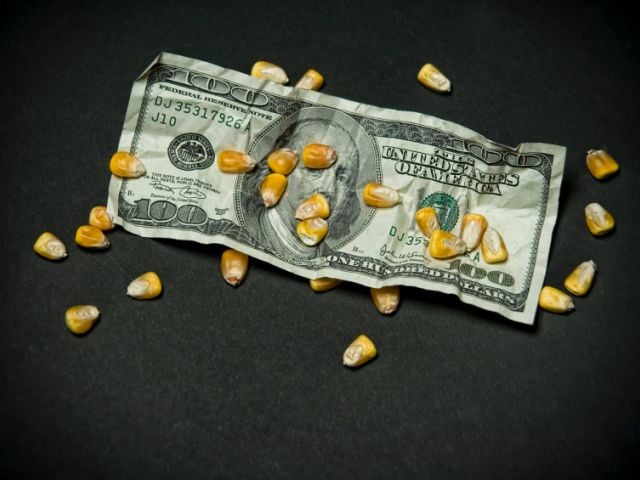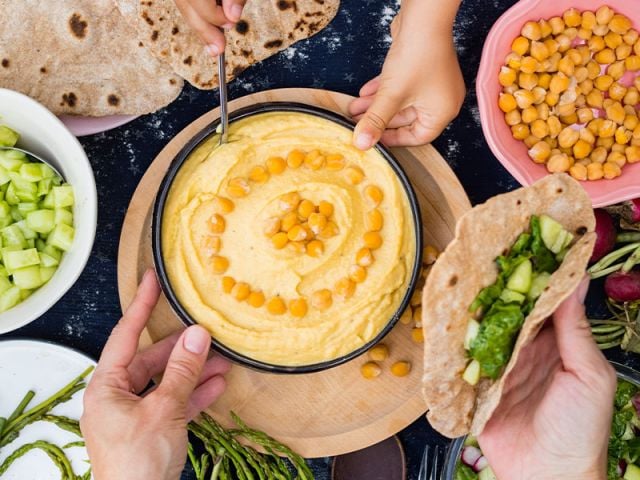Crop Insurance Subsidy Double Speak

Displaying 2281 - 2304 of 7441




Amid widespread fears that the boom in “fracking” for natural gas poses a growing array of environmental threats, some members of Congress are making a new effort to reverse a 2005 law that exempted...

Under the best-case scenarios, crop insurance alone is expected to cost taxpayers $9 billion over the next 10 years. So who are the 48 Republicans who voted for this lavish taxpayer funded giveaway?
Farm income has never been higher. The federal deficit has never been deeper. So why are House Republicans celebrating passage of a “farm-only” farm bill that includes the most generous farm subsidies...

The number of large concentrated animal feeding operations, or large CAFOs, in Iowa increased nearly fivefold in the past two decades, a new study from Environmental Working Group reveals, with almost all of the growth from big hog-feeding operations.
Those pyramids of apples in the produce section of supermarkets year-round may look fresh, but sometimes they're not. Apples are harvested once a year, in the autumn. Growers apply a mixture of...

Washington, D.C. – Rep. Steve Israel, D-N.Y., today introduced the Household Cleaning Products Right to Know Act of 2014 bill, which would require cleaning products makers to disclose hidden...
The American Chemistry Council, a trade association of major chemical makers, is among the largest donors to a fund created to support Sen. David Vitter's campaign for governor of Louisiana.

Big agriculture payouts could be coming, courtesy of American taxpayers, who are forking over money through lavish new subsidy programs established in the recently passed farm bill.

Corn-based ethanol is a major cause of the water pollution that is ravaging the Mississippi River basin and the Gulf of Mexico, a report by the Environmental Protection Agency's (EPA) inspector...

In their first year alone, a baby will wear an estimated 2,500 disposable diapers. When buying diapers, parents are likely to consider absorbency, fit and comfort as the most important features. But recent scientific research highlights the fact that the ingredients and materials used to make the diapers may be just as important, if not more so: The diaper itself could potentially harm a child's


Sen. Chuck Schumer (D-N.Y.) announced Sunday (Sept. 14) that he was introducing legislation that would ban 10 toxic flame retardant chemicals from being used in children's products and upholstered...

What does it take for a small Caribbean nation to implement strong, sustainable and popular ocean conservation practices? A team of experts, an island community dedicated to preserving its way of life...


Americans are eating their weight and more in genetically engineered food every year, a new Environmental Working Group analysis shows.

A team of scientists using portable methane detectors reported last week that it has detected 5,893 leaks of methane, the main component of natural gas, from gas utility lines in Washington D.C.


